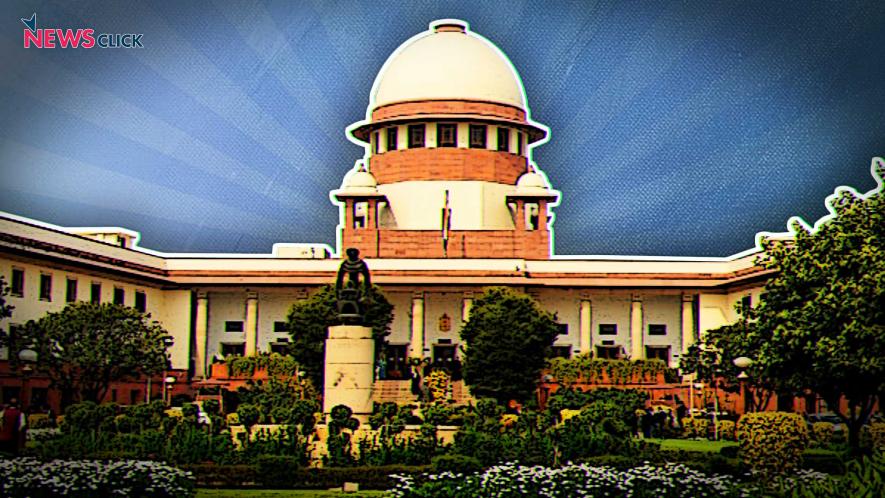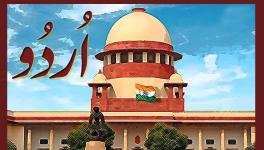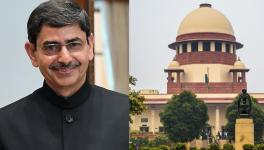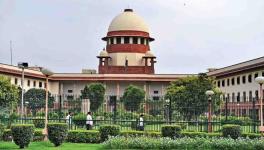SC: Widely Publicise Criminal Antecedents of Candidates

A bench of the Supreme Court consisting of Chief Justice Dipak Misra, Justice R.F. Nariman, Justice A.M. Khanwilkar, Justice D.Y. Chandrachud and Justice Indu Malhotra delivered their judgement in the criminalisation of politics case on September 25. The judgement authored by the Chief Justice declined to issue any directions to the Election Commission of India as prayed for by the petitioners. However, the judgement did issue directions to candidates and political parties, while recommending that the Parliament pass an appropriate law on the same.
The petitioners had urged the Court to issue directions either to bar candidates from contesting elections when charges are framed against them, or to bar candidates with criminal antecedents from contesting under any political party’s symbol. The Court was of the view that in the first instance, laws already exist to bar candidates from contesting under certain circumstances. However, if the Court were to issue directions in this regard it would amount to judicial overreach. Regarding barring candidates with criminal antecedents from contesting elections, the Court was of the view that doing so would once again fall within the domain of disqualification. Hence, what the Court cannot do directly, it cannot do indirectly. The Court also observed that even if the candidate could be barred from contesting on a political party’s symbol, the candidate could still run as an independent candidate. Thus, the outcome would be the same.
The Court’s directions to potential candidates and the political parties were:
- All contesting candidates have to fill up the form provided by the Election Commission of India completely.
- The form shall state the criminal cases pending against the candidate in bold letters.
- The candidates are required to inform the political party, on whose symbol they are contesting, of all their criminal antecedents and cases pending against them.
- All political parties must place information regarding candidates and their criminal antecedents on their party website.
- All political parties and their candidates with criminal antecedents must publish a declaration of the same in the newspapers widely circulated in the locality as well as publicise it on the internet. The publicity must be done at least thrice after filing the nomination papers.
One reason why the judgement is positive to the extent that the Court did not issue directions on the basis of the petitioners’ prayer is that almost every political party in the opposition does and will stage an agitation or a demonstration against the policies of the government. Doing so would consequently attract several provisions of the Indian Penal Code regarding obstruction and unlawful assembly. The chances of actually being convicted for any of the charges is low, yet it has become a part of how India’s polity functions. Thus, a blanket bar on candidates for any criminal antecedents would inevitably include such political activity. In this regard, the present decision is a positive step. However, the ball is now in the Parliament’s court to pass a law barring candidates with serious criminal antecedents against them – such as murder or rape.
Get the latest reports & analysis with people's perspective on Protests, movements & deep analytical videos, discussions of the current affairs in your Telegram app. Subscribe to NewsClick's Telegram channel & get Real-Time updates on stories, as they get published on our website.
























